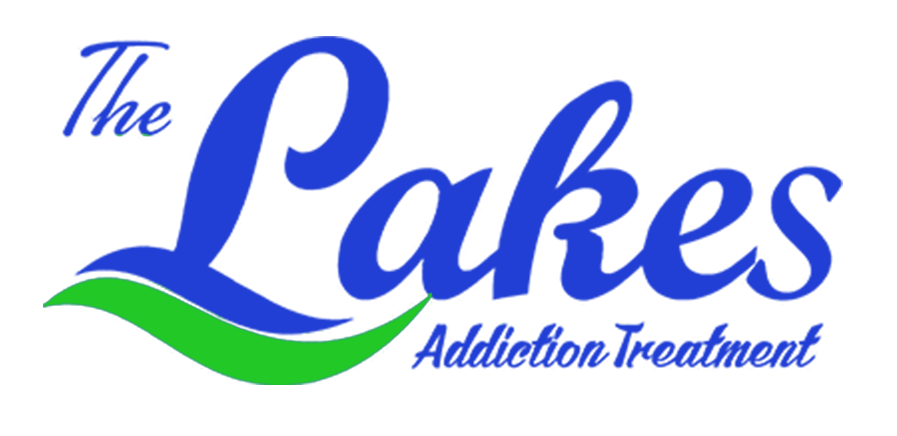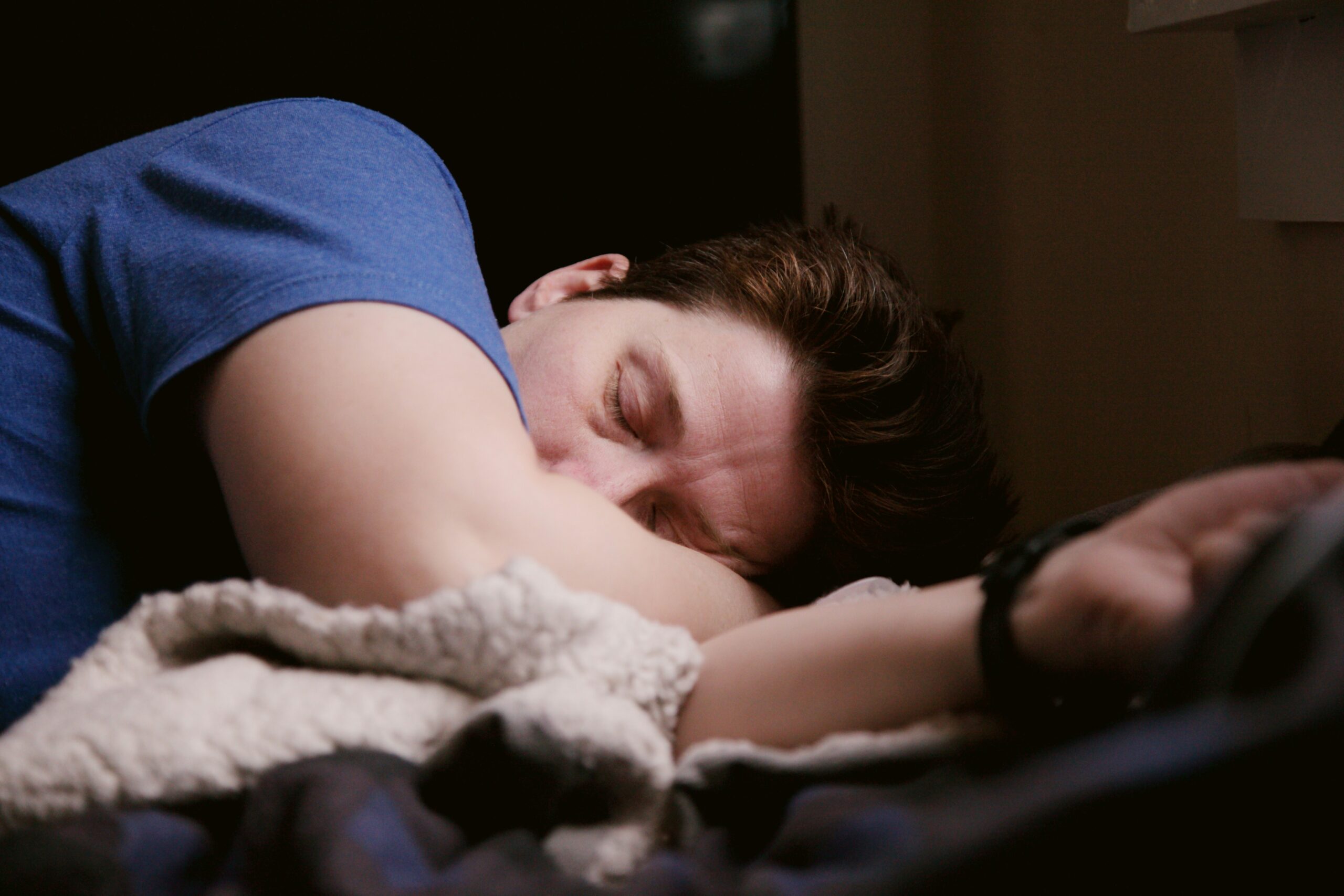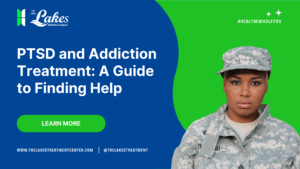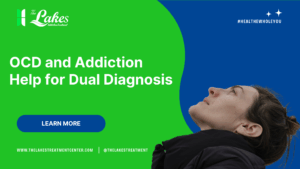Drinking can be a social activity that helps people relax and release stress. But have you ever wondered how alcohol affects your sleep?
You may think that a drink or two before bed can help you fall asleep faster, but the truth is that excessive alcohol consumption can have a severe impact on the quality of your sleep. Individuals with alcohol use disorder often experience sleep disturbances, particularly during withdrawal and early recovery phases. Not only does it affect your physical health, but it can also harm your mental wellbeing.
In this blog post, we will discuss the effects of alcohol withdrawal and sleep, as well as how it can affect your overall health. Then, we explore how addiction treatment services can help you overcome alcohol addiction.
Understanding Alcohol Withdrawal
First, let’s define our terms.
What is Alcohol Withdrawal?
Alcohol withdrawal is a condition that occurs when someone who has been drinking heavily for an extended period suddenly stops or significantly reduces their alcohol intake. This abrupt change can trigger a range of physical and psychological symptoms, such as insomnia, anxiety, tremors, and even seizures.
While alcohol withdrawal is a crucial step in the recovery journey for those battling alcohol dependence, it can be a daunting and potentially dangerous experience if not managed with proper care and support. It may also have an impact on your sleep schedule and circadian rhythm, as we discuss below.
The Relationship Between Alcohol Withdrawal and Sleep Disorders
Alcohol withdrawal insomnia is a common and challenging symptom of alcohol withdrawal, affecting up to 91% of individuals undergoing detox. This type of insomnia can occur during the acute withdrawal phase, which typically lasts several days to a week, and may persist for weeks or even months afterward.
Alcohol withdrawal insomnia occurs due to the sudden absence of alcohol’s sedative effects, which can lead to increased alertness and difficulty falling asleep. Additionally, the stress and anxiety associated with withdrawal can further exacerbate insomnia.
Research has shown that alcohol withdrawal insomnia is linked to several negative outcomes, including a higher risk of relapse, decreased quality of life, and impaired cognitive function. Therefore, addressing insomnia during the withdrawal process is crucial for promoting a safe and successful recovery.
Clinical and experimental research has identified several factors contributing to alcohol withdrawal insomnia, such as:
- Disrupted Sleep Architecture: Alcohol withdrawal can alter sleep stage distribution, resulting in more time spent in light sleep and less time in deep, restorative sleep.
- Increased Stress and Anxiety: The withdrawal process can be highly stressful and anxiety-inducing, leading to heightened alertness and difficulty falling asleep.
- Neurotransmitter Imbalance: Changes in neurotransmitter levels, including increased cortisol and decreased GABA, can disrupt sleep patterns during alcohol withdrawal.
Treatment for alcohol withdrawal insomnia typically involves a combination of behavioral and pharmacological interventions. Cognitive-behavioral therapy for insomnia (CBT-I), relaxation techniques, and sleep-promoting medications can all play a role in helping individuals achieve better sleep quality during their recovery journey.
How Alcohol Withdrawal Insomnia Can Affect Your Health
The impact of alcohol on your sleep can have significant consequences on your physical and mental health. For example:
- Poor sleep quality can lead to daytime sleepiness, fatigue, decreased concentration, and memory problems. It can also weaken the immune system and increase the risk of chronic illnesses like diabetes, hypertension, and heart disease.
- Alcohol consumption can exacerbate obstructive sleep apnea, a condition characterized by frequent pauses in breathing during sleep.
- Moreover, studies have shown that chronic alcohol abuse can alter brain functions, leading to long-term cognitive impairments and mental illnesses like depression, anxiety disorder, and psychosis.
In order to fall asleep faster and avoid patterns of disturbed sleep, some individuals may give up their alcohol withdrawal habits. But rather than improving sleep quality, alcohol consumption could make sleep abnormalities worse. This ultimately leads to a slippery slope of alcoholism and poor quality sleep.
How Alcohol (in General) Disrupts Sleep and Causes Sleep Disturbances
Alcohol is a sedative that can make you feel drowsy and relaxed. Drinking in moderation may indeed help some people fall asleep more quickly, but consuming excessive amounts of alcohol before bedtime can disrupt the quality of your sleep.
Alcohol disrupts the normal sleep cycle, leading to shallow sleep, reduced REM sleep, and fragmented sleep patterns. It also increases the number of times you wake up during the night, reducing the time spent in the deep, restorative sleep that’s essential for physical and mental health.
The Reason Alcohol Affects Your Falling Asleep
The reason why alcohol affects your sleep is that it interferes with certain chemicals in the brain that regulate sleep and waking patterns. Here’s how it works:
- Alcohol suppresses melatonin production, a hormone that controls the sleep-wake cycle.
- It also stimulates the production of adenosine, a chemical that makes you feel sleepy.
- However, when your body metabolizes the alcohol, the levels of adenosine decrease, leading to disrupted sleep patterns.
Alcohol can also increase anxiety and depression symptoms, making it harder to fall and stay asleep. Even after the cessation of alcohol use, individuals may experience persistent insomnia, which can increase risks for psychiatric disturbances, poor interpersonal functioning, and potential relapse.
Get Help With Alcohol Withdrawal and Sleep with The Lakes Treatment Center
If you are struggling with alcohol addiction, it’s essential to seek professional help to overcome it. Addiction treatment services can provide you with the support and resources to combat alcohol addiction, address substance abuse issues, and restore your physical and mental health.
At The Lakes Treatment Center, we understand the importance of restful sleep for your recovery journey. Our experienced team specializes in providing comprehensive treatment for alcohol addiction, with a focus on restoring healthy sleep patterns.
If you or a loved one is struggling with alcohol use and its effects on sleep, we are here to support you. Contact us today at (209) 935-0852 to speak with a trained professional.




